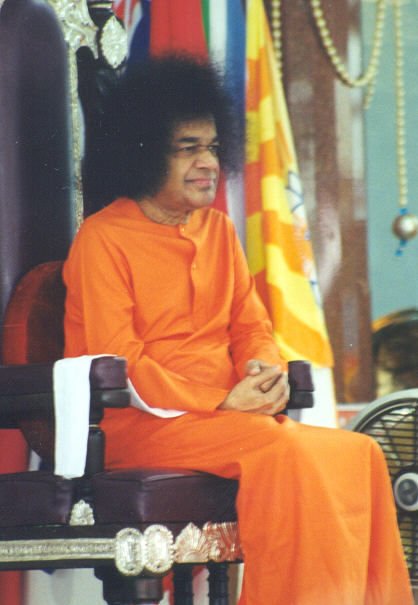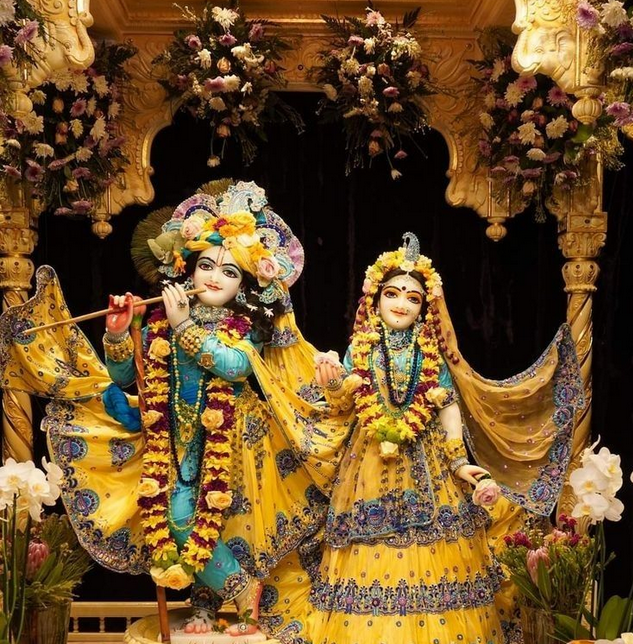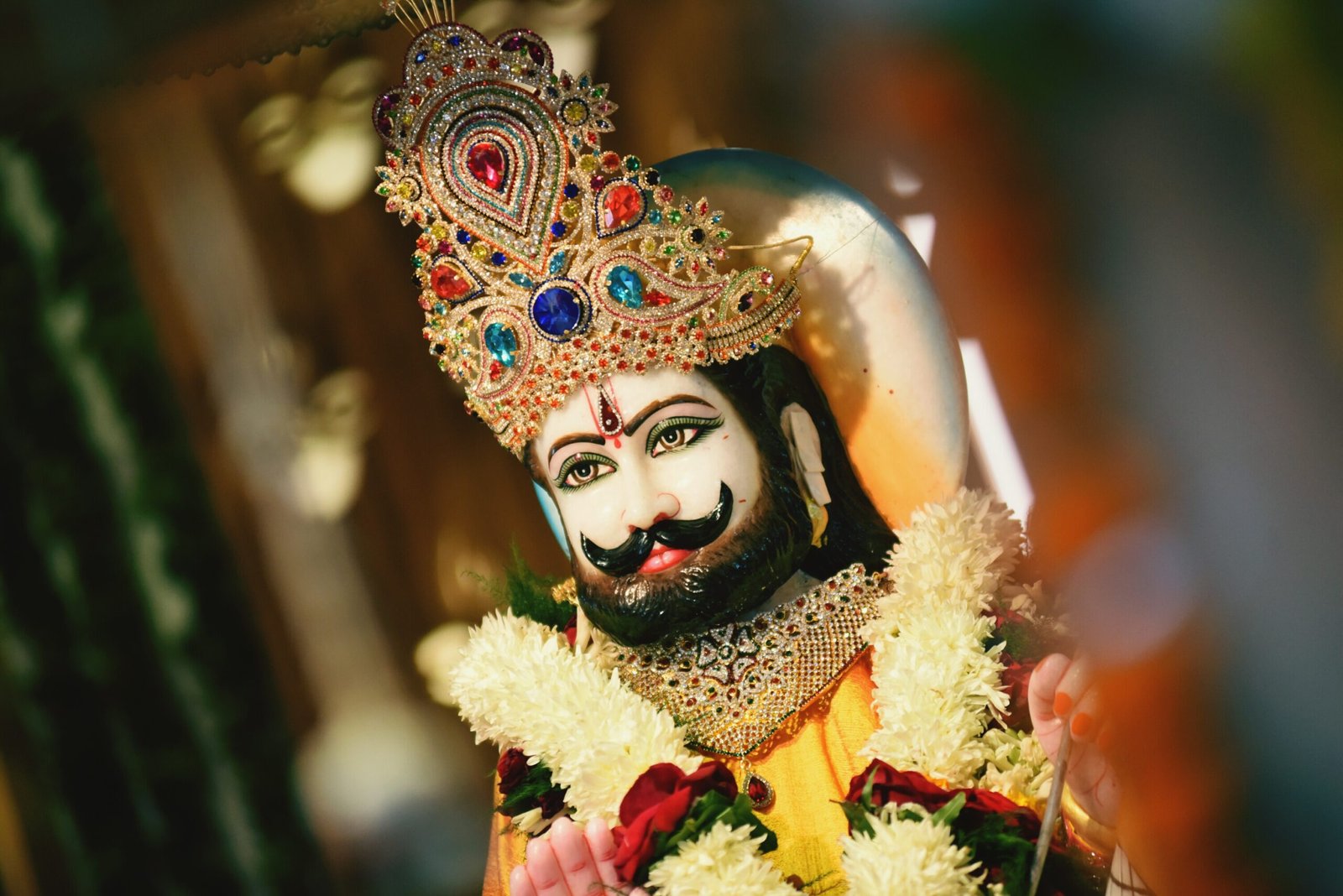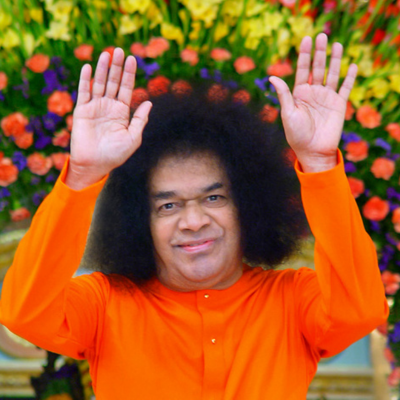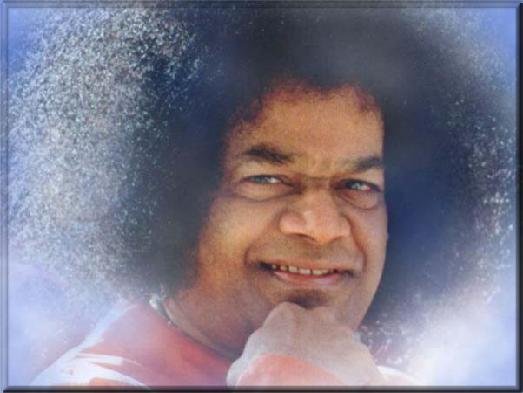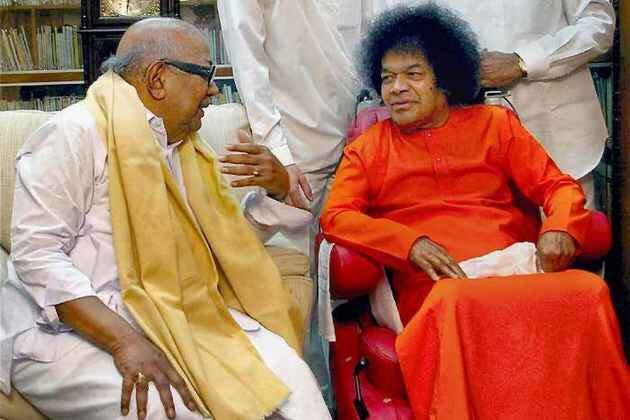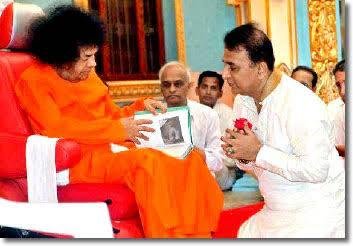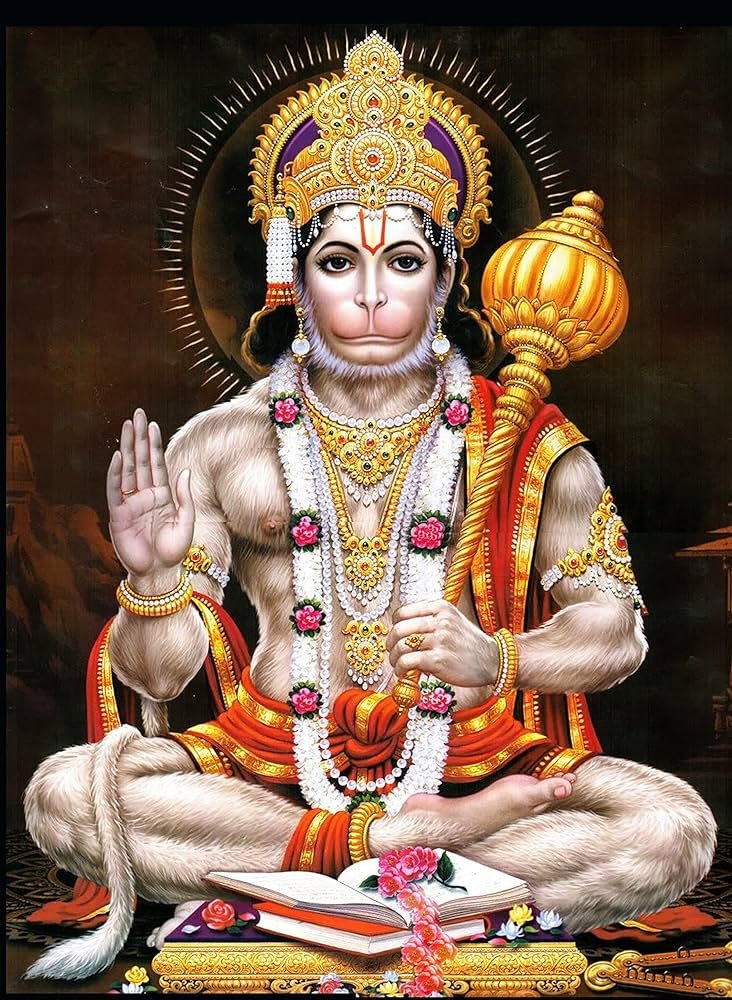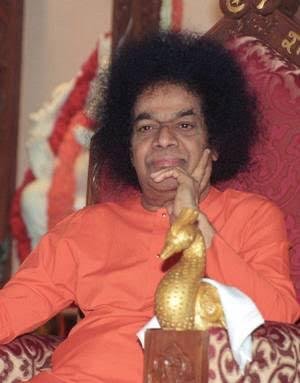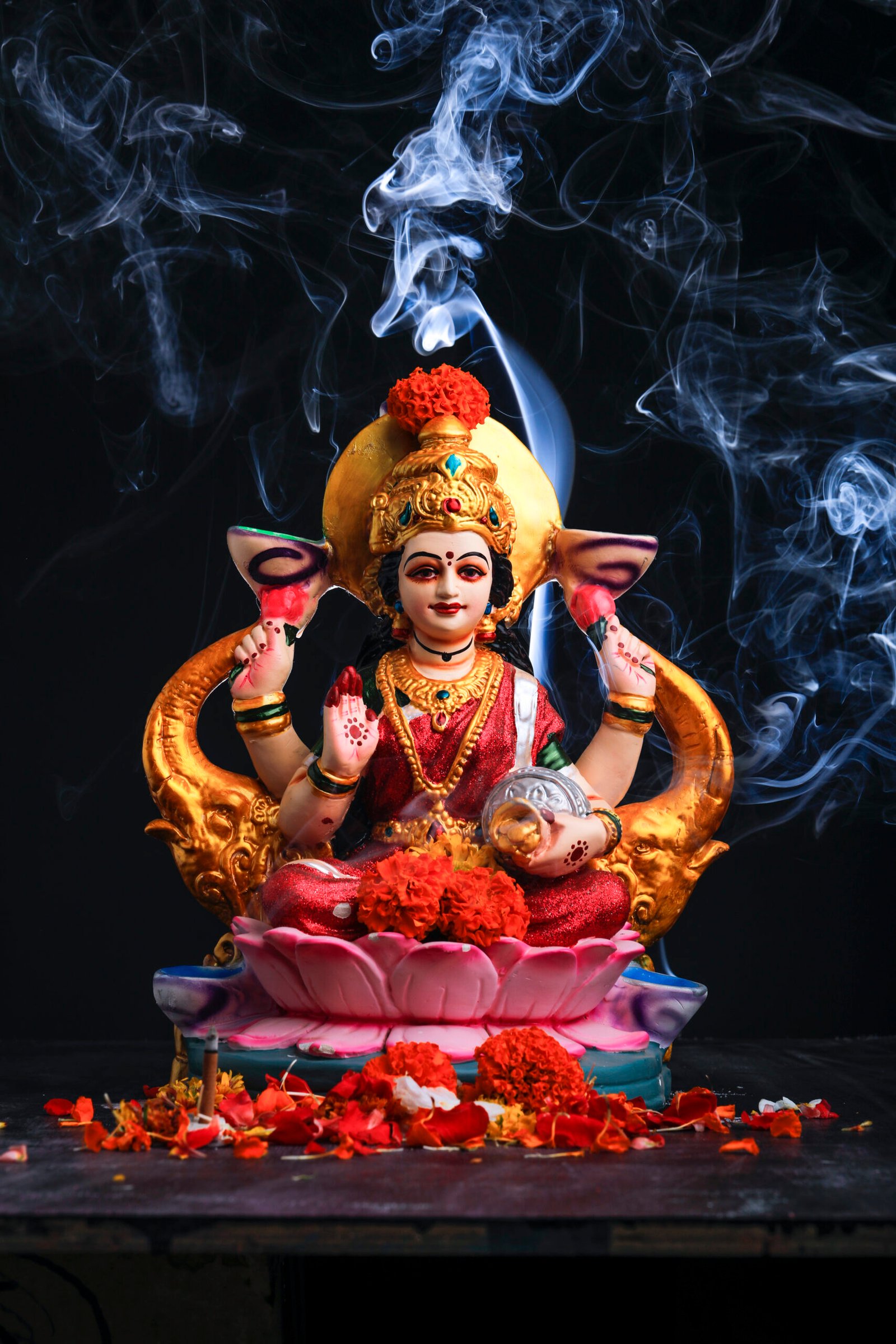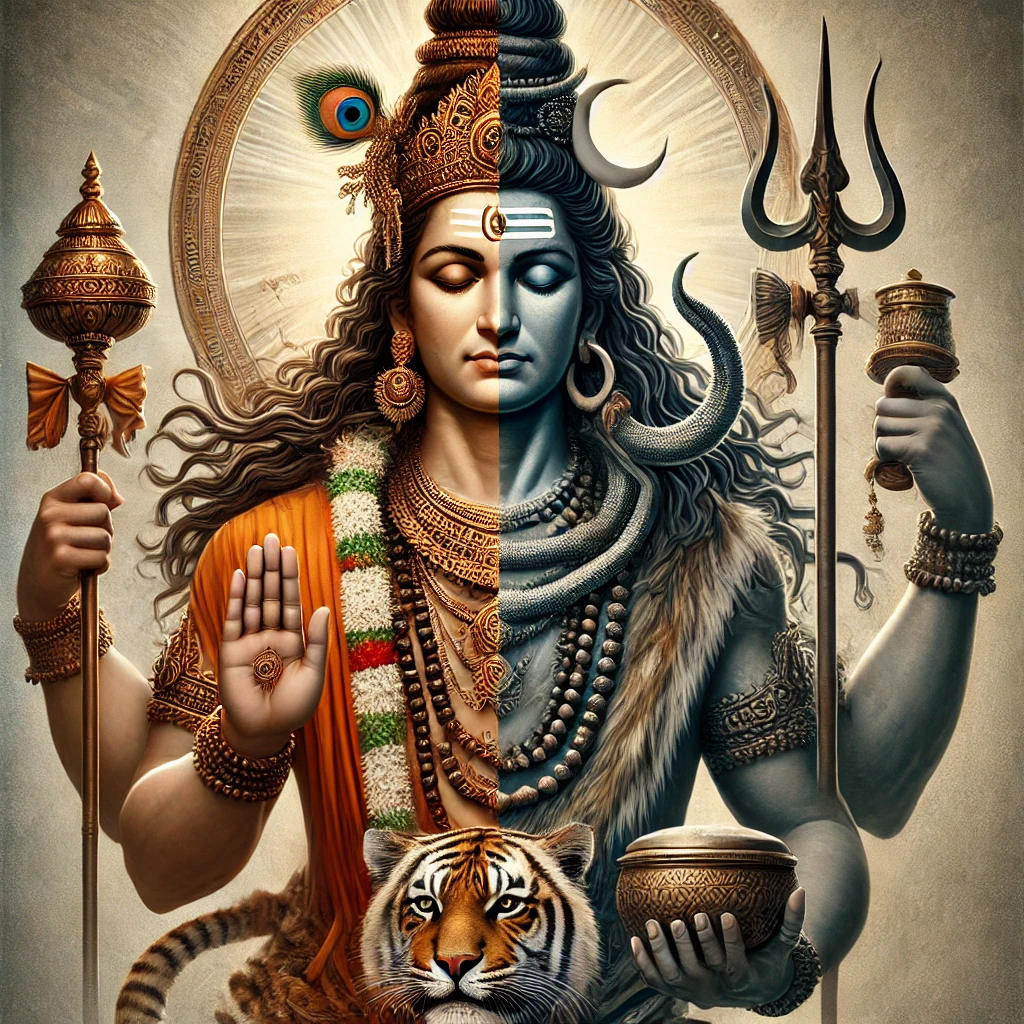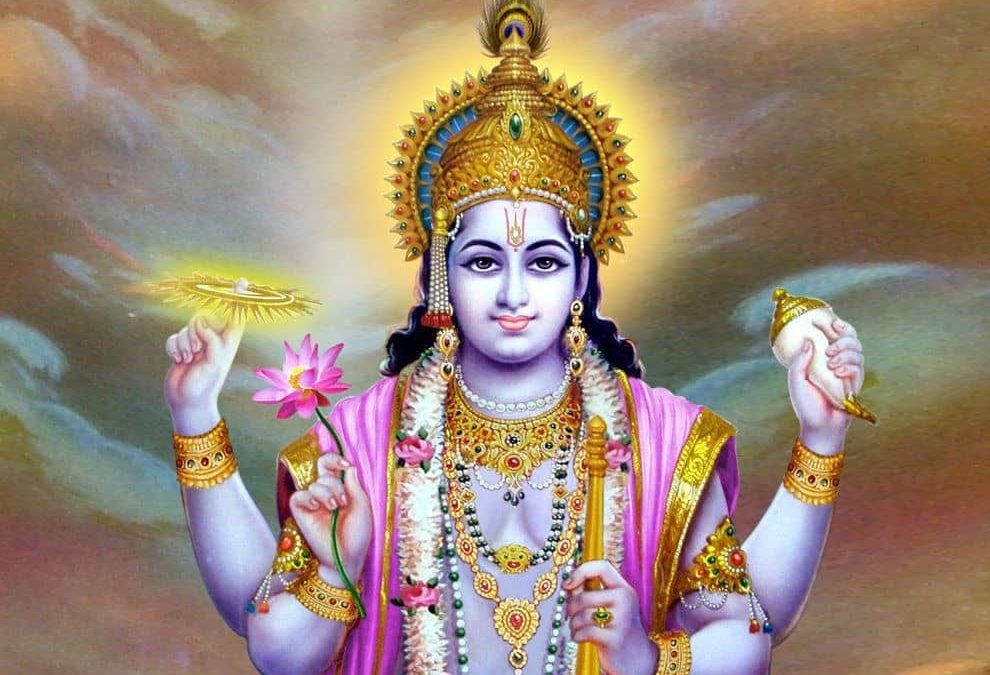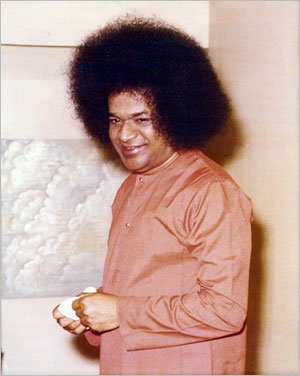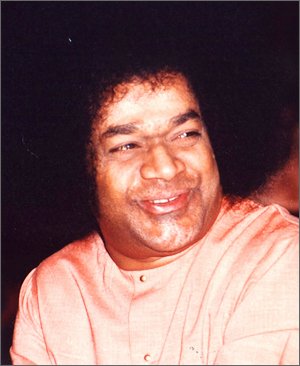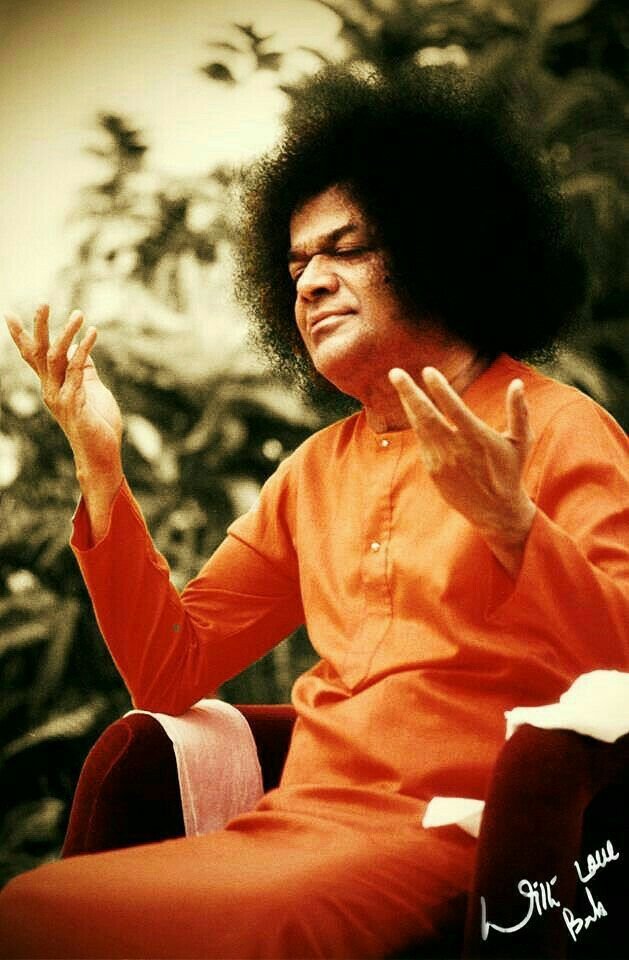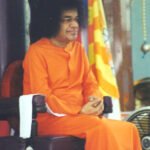Sutra Vahini
Sutra Vahini

Sutra Vahini” is among the most compact and powerful of the spiritual works of Bhagawan Sri Sathya Sai Baba. While texts such as Prema Vahini or Jnana Vahini flow in continuous discourse, Sutra Vahini is structured around aphorisms—succinct statements of truth that are both easy to remember and profound in meaning. In ancient India, scriptures like the Brahma Sutras or Yoga Sutras condensed the highest wisdom into short formulas, each requiring reflection and guidance. In a similar manner, Baba composed Sutra Vahini to give seekers a direct path to understanding and practicing the eternal truths of spiritual life.
At the heart of the Sutra Vahini is the recognition of man’s divine nature. Baba emphasizes from the very beginning that the essence of the human being is not the body, not the mind, not even the intellect, but the eternal Atma—the divine Self. This Atma is identical with Brahman, the supreme reality. The illusion of separateness is caused by ignorance (avidya), which veils the truth and makes man identify with the limited body and its desires. Just as clouds temporarily hide the sun without diminishing its brilliance, ignorance hides the ever-shining Atma. The sutras serve as reminders of this truth, piercing through the fog of delusion and awakening the seeker to his real identity.
One central teaching of the text is the harmony of knowledge (jnana), devotion (bhakti), and action (karma). Baba explains through aphoristic statements that these three are not contradictory but complementary paths. Knowledge without devotion becomes dry and arrogant; devotion without knowledge may lapse into blind emotionalism; and action without either can become mechanical. But when united, they form a complete spiritual life. For example, selfless service (karma yoga) purifies the heart, devotion (bhakti yoga) fills it with love, and knowledge (jnana yoga) gives it clarity and freedom. The sutras encapsulate this unity in simple yet unforgettable words, reminding the aspirant that the goal is not to choose one path over the other, but to integrate them all.
Another theme recurring in Sutra Vahini is the discipline of the mind. Baba notes that the mind is both man’s greatest asset and his greatest obstacle. When turned outward, it clings to desires and creates bondage. When turned inward, it becomes the instrument of liberation. The sutras stress the need for steady practice (abhyasa) and detachment (vairagya) to tame the restless mind. Baba uses vivid comparisons: the mind is like a monkey, mischievous and fickle, but through discipline, prayer, and meditation, it can be transformed into a servant of the Self. Thus, the seeker is advised to cultivate concentration, discrimination (viveka), and equanimity.
In the style of classical sutras, Baba presents guiding principles for daily living. Truth (sathya) is emphasized as the foundation of all spiritual effort. Without truth, even prayer and worship become hollow. Nonviolence (ahimsa) is highlighted as the highest form of righteousness, not only in action but in thought and word. Baba insists that every individual must practice control over the senses, purity in conduct, and compassion in relationships. These values, though expressed in brief sutras, have immense power when practiced, transforming ordinary life into a spiritual discipline.
The Sutra Vahini also deals with the nature of liberation (moksha). Baba explains in concise terms that liberation is not a distant goal after death but the realization, here and now, of one’s unity with the Supreme. When the ego dissolves and desires are conquered, the individual shines in the awareness of oneness. Baba uses the metaphor of the river merging with the ocean: once united, there is no distinction between the two. Similarly, the jiva (individual soul) realizes itself as the Paramatma (supreme soul). The sutras thus encourage seekers not to postpone liberation but to live in awareness of divinity in every moment.
A key strength of Sutra Vahini is its accessibility. The aphorisms are short and easy to recall, making them practical guides in moments of doubt or difficulty. For instance, one sutra declares that “Selfless service is the highest worship.” This simple truth, when remembered in daily life, motivates the devotee to turn every action into an offering to God. Another sutra emphasizes that “The Lord dwells in all beings.” This becomes a reminder to treat everyone with respect and compassion. In this way, the Sutra Vahini functions not merely as philosophy but as a manual for right living.
Baba also emphasizes in the text that spirituality is universal. The sutras are not bound by culture or religion but speak to the essence of human life. Whether one prays in a mosque, a church, or a temple, the same divine truth shines within. Baba repeatedly reminds the reader that God is one, though called by many names. He discourages narrowness and insists on unity of faiths. This universality makes Sutra Vahini relevant to seekers across the globe, regardless of tradition.
A particularly beautiful aspect of this work is its focus on love (prema). Baba affirms that love is the essence of all virtues and the highest form of spiritual practice. One sutra encapsulates this truth: “Where there is love, there is God.” Love transforms service into worship, knowledge into wisdom, and devotion into union. It is through love that the heart is purified, and through love that man comes closest to God. In a world divided by differences, the sutras’ repeated insistence on universal love shines as a timeless beacon.
Another noteworthy teaching in the Sutra Vahini is about the role of the Guru. Baba explains that while the ultimate Guru is the Atma within, external teachers are necessary to guide seekers until they can hear the inner voice clearly. The Guru is like a signpost pointing the way, but the journey must be walked by the aspirant. The sutras encourage reverence for the teacher, yet remind seekers that the goal is direct realization of one’s own divinity, not dependence on external authority.
In conclusion, Sutra Vahini is a distilled scripture of eternal truths, expressed in the simplest of words yet carrying infinite depth. It serves as a compass for spiritual aspirants, providing direction in the form of short, memorable aphorisms. It integrates the paths of devotion, wisdom, and action, emphasizes discipline of the mind, and affirms the power of truth, love, and service. Above all, it proclaims the divine nature of man and the possibility of liberation here and now. Like beads on a thread, the sutras hold together the essence of Sathya Sai Baba’s teachings in a form that is easy to carry in memory and practice in life. For the seeker who sincerely reflects on them, the Sutra Vahini is not only a text but a lifelong companion, gently leading from ignorance to wisdom, from restlessness to peace, and from bondage to bliss.





